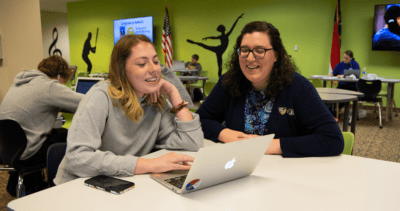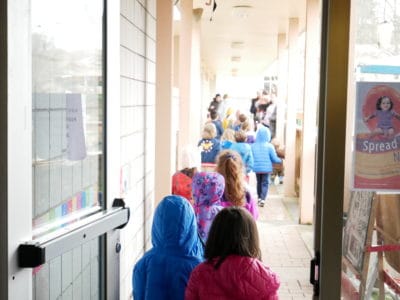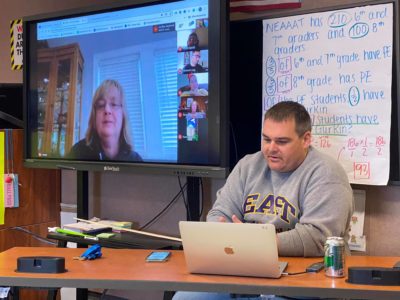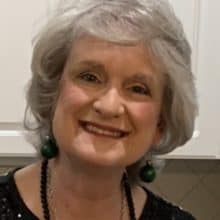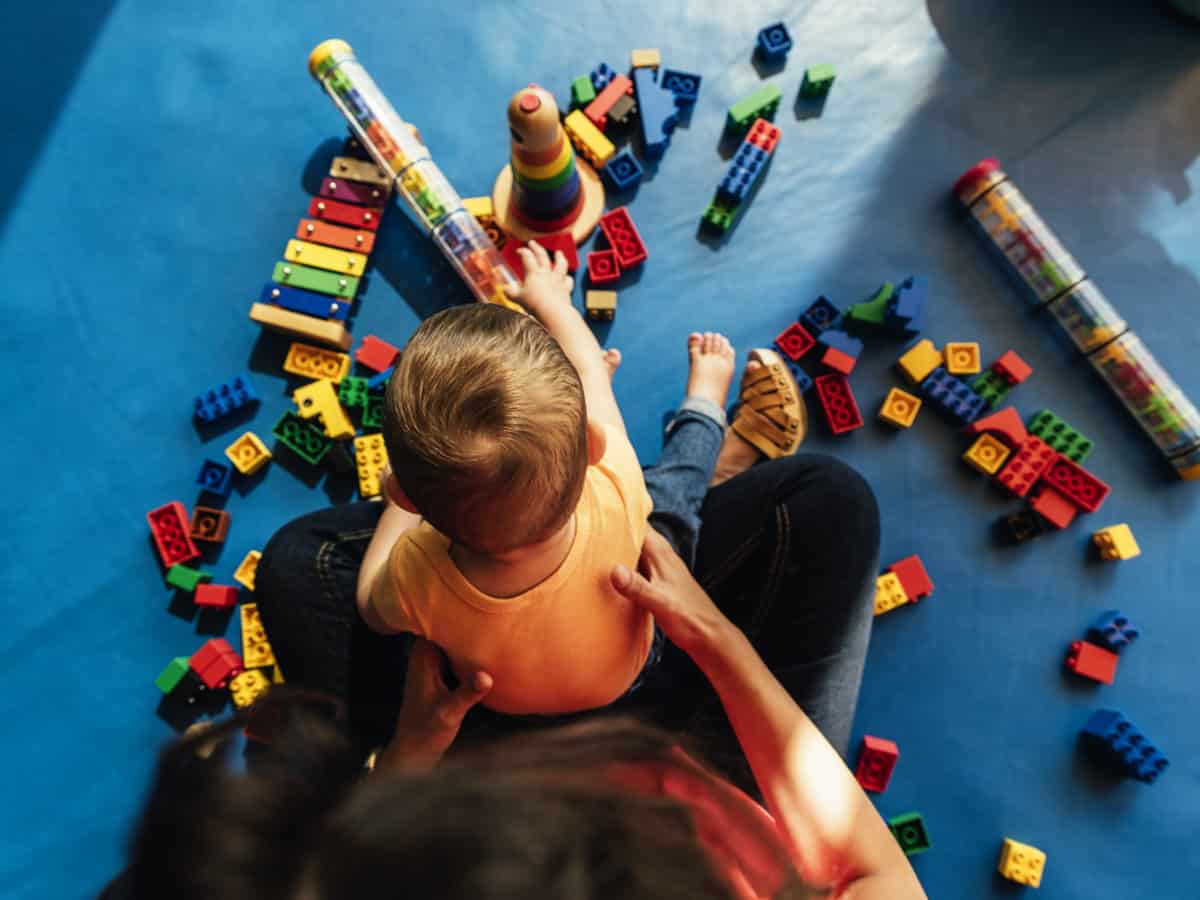
The COVID-19 pandemic, with all of its complexities, is revealing simplicities about education and life. There is nothing like a national crisis to distill what matters most, helping prioritize the paramount over the petty. Winston Churchill, a leader during a different time of global crisis, observed, “Out of intense complexities, intense simplicities emerge.”
As the scope and nature of the virus become clearer, life feels complex and unfamiliar. Stakeholders have shifted. School buildings have closed. Education delivery models have changed. As one article noted, “We’re All Homeschoolers Now.” Free online educational resources seem to have proliferated; at times, it may feel like there’s too much to navigate.
Yet, intense simplicities are emerging. Here’s one: We share a common aim of helping one another. Never have I been prouder to be an American. Neighbors are helping neighbors. School buses are being re-purposed to deliver food. Private businesses are redirecting resources to make protective gear. It’s an American rallying cry being answered, right now, by businesses and individuals in our state and nation.
Here’s another simplicity: We all need community. Family and friends play a key role in keeping us safe and sane. Nothing takes the place of face-to-face interaction in our homes with those we love. While we are practicing social distancing, human touch between a responsible adult and a child is priceless. Online resources, while essential, can only do so much. The same is true of brick-and-mortar classrooms and even government.
A third simplicity: We all must take personal responsibility. Dr. Anthony Fauci and Dr. Deborah Birx, members of the White House Coronavirus Task Force, have said repeatedly that personal responsibility, ultimately, will make the difference in slowing the spread of the virus.
This idea of personal responsibility applies to our children as well as to ourselves. Every child needs a responsible adult in order to flourish. Responsible adults are children’s most basic first responders.
The notion that it takes a village to raise a child is important, of course. But what we’re seeing more of now is how important it is for each child’s responsible adult to work closely with the village. Generally, it’s best when that responsible adult can be a parent. However, society is blessed when other adults step in for children if the parent isn’t available — and also, during times of crisis, when families need extra help.
In this current moment of crisis, I want to highlight just a few of the ways North Carolina’s schools are working to help students and families.
Schools are expanding learning opportunities. Charter school leader Andrew Harris, CEO at Northeast Academy for Aerospace and Advanced Technologies, is reaching across school silos to help district schools and other charter schools implement remote learning protocols. Kristin Brackett, a kindergarten teacher at Pinnacle Classical Academy, is sharing story time with her students through a YouTube channel.
Schools are reminding students about what really matters. In a lighthearted video in which he juggles grocery bags and jumps on a pogo stick, Coach Scott Wolfe of Gray Stone Day School communicates a powerful message. Be patient, be kind, use your time wisely. “This is not a month-long snow day,” he says. “Make yourself better today.”
Schools are helping meet basic needs. In Southeast Raleigh, PAVE Charter is serving as a food distribution site, providing breakfast and lunch to students from all over Wake County. Schools in Brunswick County and elsewhere are also providing meals for students in need.
I am thankful for the ingenuity and generosity of our schools. And as a mother and grandmother myself, I applaud every parent, relative, friend, or community member who is serving as the responsible adult in the life of a child.
The simple truth is this: Children need support from responsible adults not just in moments of crisis, but all the time.
Recommended reading
